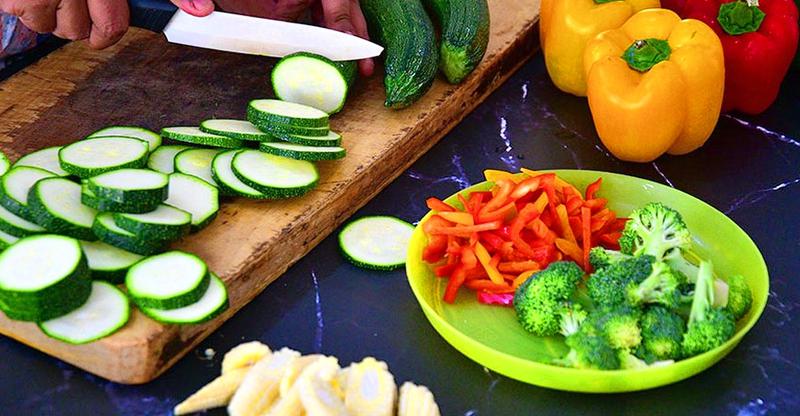Agricultural and Processed Foods Export Development Authority (Apeda) has received the lowest allocation of ₹80 crore from the Department of Commerce, a report on the impact of the Apeda export promotion scheme has said.
The allocation comprised 11.95 per cent of the total, despite agriculture exports making up the highest share in shipments at 66.56 per cent, the report “Impact Assessment of Agriculture and Processed Foods Export Promotion Scheme of Apeda” for the 15th Finance Commission Cycle” (2021-22 to 2025-26) said.
“It is thus evident that similar organisations under the Department of Commerce are having more budget allocation for exports in comparison to their share in agri exports from India,” it said.
Good response
The report, prepared by NABARD Consultancy Services (NABCONS), said the budget received for the financial assistance scheme (FAS) was 10-12 per cent of the requested grant in applications, which indicates a good response to the scheme and the need for higher budgetary allocation. “APEDA is handling more than 700 HS lines in agri exports whereas other similar organisations (Spice Board, Tea Board, MPEDA, etc.) related to agri and allied exports are handling only limited HS lines but as evident, there is a stark difference in budgetary allocation of APEDA and other similar organisations of the Department of Commerce,” NABCONS said in the report.
Stressing the need for higher fund allocation, it said Mpeda and Spices Board received over 17 per cent of the budget allocation, while the Coffee Board received 33.78 per cent and the Tea Board 19.70 per cent. In comparison, their share in exports is less than 20 per cent (Mpeda 19.54 per cent).
Pointing out that the share of Apeda products in agricultural product export increased from 50.11 per cent in 2020-21 to 53 per cent in 2022-23, the study said Apeda could ensure benefits for exporters could be converged with other schemes of the government.
Low processing
“India’s processing of fruits (4 per cent) and vegetables (3 per cent) is notably lower than other countries, indicating potential areas for improvement in the agricultural supply chain and food processing infrastructure,” the report said.
Even in the case of processing of oilseeds, it was 49 per cent compared with Italy (84 per cent) and Thailand (54 per cent). Owing to low processing levels, the unsold surplus production eventually gets wasted or sold at non-remunerative prices.
“... the country’s levels of processing (value addition) is much below compared to countries like the US, EU, Brazil, Thailand and China,” it said. The development of infrastructure will assist multiple entrepreneurs to use the surplus production of agri produce and turn it into agri value-added products and export them
“…therefore, there is a need to create more export-oriented infrastructures,” NABCONS said.
The report said many were unaware of FAS, export compliance and the role of Apeda in exports. Also, the human resources availability with the authority was limited.





